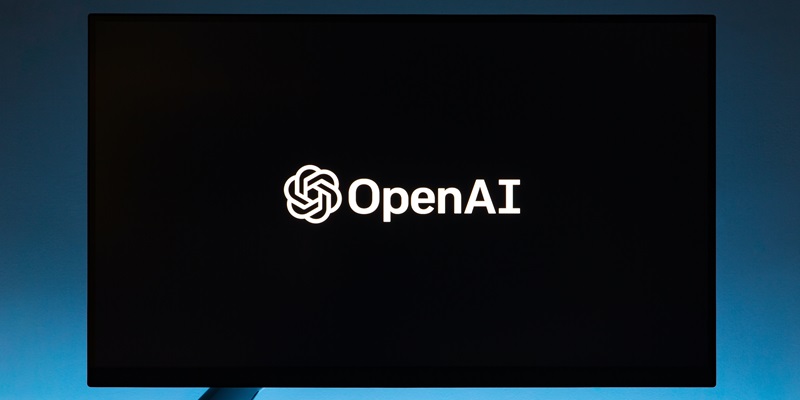OpenAI, the renowned artificial intelligence research lab, is making waves in the industry with its latest updates. It is positioning itself as a viable alternative to open-source development efforts, offering cheaper products and advanced capabilities. These updates have the potential to disrupt the open-source community as OpenAI aims to replicate much of the functionality found within frameworks and libraries.
OpenAI’s Aim at the Open-source Community
OpenAI’s recent announcements take direct aim at the open-source community as a whole. By providing alternatives to existing frameworks and libraries, OpenAI’s intention is clear – to offer developers the tools they need without having to rely on open-source solutions. This move has significant implications for the open-source community, as many developers may be tempted to switch to OpenAI’s offerings.
The Assistant’s API for Building AI Applications
One of the noteworthy updates from OpenAI is the Assistants API, which has the potential to revolutionize the development of AI applications. This API can empower developers to build more sophisticated AI applications with less effort, thanks to the capabilities provided by OpenAI. The attractiveness of this API might even entice users from other platforms to migrate to OpenAI.
Threats to Open-source Software Firms
While these updates bring advantages for developers, several open source software firms may face challenges and even the threat of survival due to OpenAI’s advancements. By offering competitive alternatives, OpenAI poses a direct challenge to companies that heavily rely on open source solutions. Firms will need to adapt and innovate to stay relevant in an increasingly competitive landscape.
Impacts on Workflow and Database Companies
The implications of OpenAI’s updates extend beyond open-source software firms. Companies offering specific workflow, orchestration, and other tools for applications like the Retrieve and Generate (RAG) model may suffer as well. Furthermore, vector database companies, including ChromaDB and Pinecone, may experience an impact on their revenue as developers explore OpenAI’s offerings.
Catalyzing Innovation in the Market
OpenAI’s updates have the potential to act as a catalyst for innovation in the AI market. By pushing the boundaries of what is possible and providing advanced capabilities, OpenAI encourages developers to think creatively and develop novel solutions. This competitive environment fosters innovation and drives the industry forward.
Difficulties for Competing Firms, Especially Startups
The new updates from OpenAI, with their advanced features and reduced pricing, will make it extremely challenging for many firms, especially startups, to compete in the generative AI domain. OpenAI’s offerings provide a comprehensive solution that outperforms many existing options. Competing firms will need to differentiate themselves through unique value propositions and innovative approaches.
Adverse Effects on Businesses with Limited Value Propositions
Businesses that emerged earlier this year with a value proposition that amounts to a simple wrapper on existing ChatGPT APIs are particularly vulnerable to OpenAI’s updates. These businesses never had a long shelf life to begin with, and now, with OpenAI’s advancements, their market position becomes even more precarious.
GPT-4 Turbo and Its Advantages
OpenAI’s GPT-4 Turbo, with its reduced pricing, overcomes major limitations of ChatGPT. Notably, it addresses the lack of support for multimodal capabilities. This update is expected to attract considerable attention from developers who require more diverse and dynamic AI models.
Potential Revenue Generation from OpenAI’s Updates
Despite the challenges posed by OpenAI’s announcements on its rivals and open-source software firms, experts and analysts believe that these very updates could help generate new revenue streams for enterprises. As businesses embrace OpenAI’s solutions and incorporate them into their workflows, they can leverage these advanced capabilities to provide better services and create new opportunities for growth.
OpenAI’s latest updates mark a significant turning point in the AI industry. With cheaper products, advanced capabilities, and competitive alternatives to open-source solutions, OpenAI is becoming a dominant force. While these updates present challenges for rivals and open-source software firms, they also provide opportunities for innovation and revenue generation. The industry must adapt to this new landscape and embrace the potential of OpenAI’s advancements to stay ahead in the rapidly evolving AI market.

